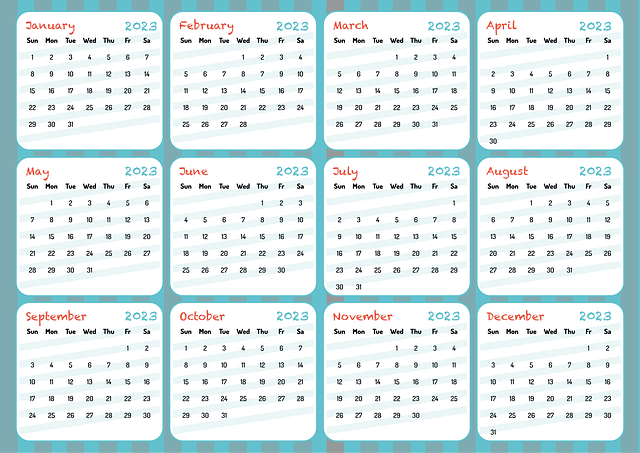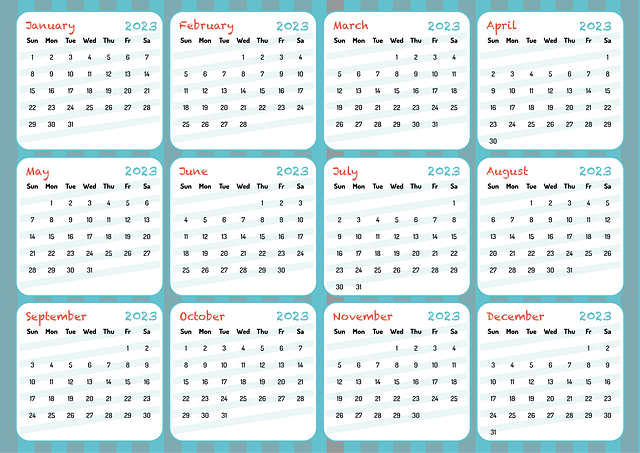TL;DR:
Local businesses can maximize community engagement through tailored event planning. By understanding demographics, interests, and trends, events like baking workshops or teen coding boot camps resonate deeply with attendees. Engaging with residents, business owners, and local organizations ensures events are relevant, beneficial, and memorable, fostering relationships, loyalty, and community spirit. Collaborating with local business associations streamlines planning, provides resources, and enhances outreach, transforming gatherings into vibrant celebrations that bring people together.
In today’s competitive landscape, successful community engagement is key for local businesses. Streamlining event planning can significantly strengthen community ties and boost business visibility. This comprehensive guide delves into the essential steps for organizing impactful events that resonate with your target audience.
From understanding your community’s needs to effective promotion and measurement of success, we’ll explore strategies leveraging modern tools and collaboration. Discover how event planning software, targeted marketing, and efficient task delegation can make organizing community events a breeze for local businesses.
- Understanding Your Community and Target Audience
- – Identifying community needs and interests
- – Engaging with local business associations and networks
Understanding Your Community and Target Audience

Understanding your community and target audience is a crucial step in successful event planning, especially for local businesses looking to engage their customers and neighbors. By delving into the unique demographics, interests, and needs of your community, you can tailor events that resonate deeply with attendees. Consider factors like age groups, cultural backgrounds, hobbies, and local hot topics—these insights will help shape the type of activities, themes, and formats that will attract and delight your audience.
For instance, a local bakery might organize a community event centered around baking workshops for families, while a tech startup could host a coding boot camp for teens. Both events cater to specific interests within their target audiences, fostering engagement and creating memorable experiences. Event planning for local businesses isn’t just about drawing crowds; it’s about building relationships, fostering loyalty, and contributing positively to the community fabric.
– Identifying community needs and interests

When planning community events, understanding the needs and interests of your local community is paramount. This involves engaging with residents, business owners, and local organizations to gather insights on what matters most to them. Event Planning for Local Businesses can be greatly enhanced by this process as it ensures the events are not just entertaining but also relevant and beneficial to the community at large.
By identifying key interests, you can tailor activities that foster a sense of belonging, promote local businesses, and create memorable experiences. This could range from hosting cultural festivals celebrating diverse communities within your area to organizing workshops focused on skill development or environmental initiatives driven by community members’ passion. Event Planning for Local Businesses should be inclusive and collaborative, leveraging the collective energy and creativity of your community.
– Engaging with local business associations and networks

Engaging with local business associations and networks is a strategic move for successful event planning, particularly for community events. These organizations serve as powerful hubs, connecting businesses, residents, and local authorities. By partnering with them, event organizers can tap into a wealth of resources, including venues, sponsorships, and local expertise. Business associations often have established relationships with various service providers, making it easier to secure deals and negotiate better terms for the community event. This collaboration not only streamlines planning but also fosters a sense of collective responsibility and support within the local ecosystem.
For event planners, reaching out to these networks can mean access to promotional opportunities, as businesses may be willing to offer discounts or packages tailored for the event. Furthermore, engaging with local associations facilitates community outreach, ensuring that the event resonates with the target audience. This two-way interaction enhances the overall experience, making the event more memorable and impactful for both attendees and participating businesses. Effective communication and collaboration with these groups can transform a simple gathering into a vibrant celebration that brings the community together.
Organizing community events that resonate with your target audience starts with understanding their needs and interests. By engaging with local business associations and leveraging their networks, event planners can create meaningful gatherings that foster a sense of belonging and support local economies. This strategic approach to event planning for local businesses is key to building vibrant communities and creating lasting memories.
